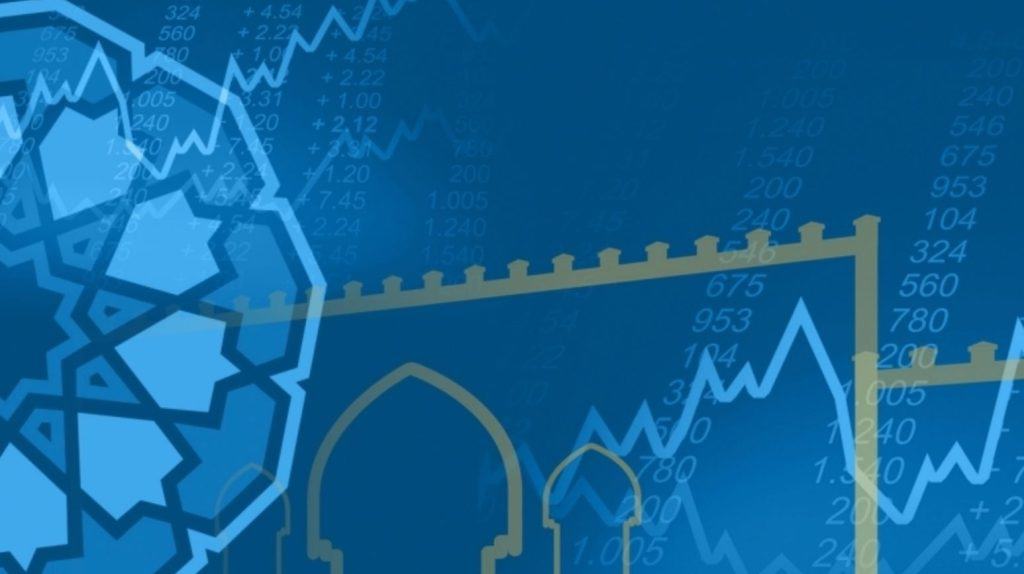by Dr. Ildus Rafikov
In the current era marked by complex challenges, the demand for pioneering research methodologies has become increasingly important. Among these, the New Maqasid Methodology (NMM) stands out as a promising approach to tackling contemporary real-life issues. Unlike the conventional Maqasid Al-Shariah, NMM is grounded in a comprehensive reading of the Revelation, with the objective of constructing a holistic worldview that aligns with the divine purposes outlined in the Qur’an.

However, before delving into the specifics of NMM, it is essential to understand the five limitations that affect the quality of Islamic scholarship: imitation (taqlīd), partialism (tajzi’), apologism (tabrīr), contradiction (tanāquḍ), and deconstructionism (tafkīk). Imitation involves uncritically following past scholarship without questioning its relevance to contemporary issues. Partialism is characterized by a fragmented approach in which scholars address issues in isolation, without recognizing their interconnectedness or employing only a portion of an ayah or hadith in a disconnected manner. Apologism is the tendency to adopt the values, concepts, and objectives of other non-Islamic paradigms in a way that may compromise the holistic nature of Islam. Contradiction occurs when scholars use contradictory sources of knowledge, undermining the coherence of the Qur’anic message. Finally, deconstructionism involves breaking down all knowledge into smaller fragments without considering the holistic nature of real-life issues, and is evident in such approaches as post-colonial studies, critical legal studies or even neo-linguistics that seek to eliminate the authority of the Divine Word. As it is not possible to address all limitations in detail in the space allowed for a blog article, we will address each of them separately in upcoming articles.
The New Maqasid Methodology seeks to overcome these limitations through a systematic, holistic approach. NMM consists of five interconnected steps: formulating a purpose in accordance with the Revelation, engaging in cycles of reflection (tadabbur) upon the Qur’an and the Sunnah, constructing a conceptual framework and worldview based on these reflections, reading and analyzing existing literature or employing a robust research method using a transdisciplinary approach, and theory building. Each of these steps plays a critical role in creating a comprehensive, interconnected understanding of the issues at hand.
Developing a purpose according to the Revelation entails anchoring one’s research in the fundamental objectives established by the Creator, including the worship of Allah alone, serving as a khalīfah (steward), promoting justice on earth, cooperating with one another in virtue, creating a good life, and fulfilling the trust from Allah. This crucial first step guarantees that the research is harmonized with divine intentions, thereby imparting a distinct and purposeful orientation.
Engaging in cycles of reflection upon the Qur’an and the Sunnah is crucial for constructing a conceptual framework shaping the worldview of the researcher. These reflections focus on an interconnected web of concepts, objectives, values, commands, universal laws, groups, and proofs. Through continuous contemplation and study of the Revelation, researchers can develop an increasingly deep, nuanced understanding of the divine message, which influences how they view the world and the issues they are addressing. For example, reflecting on the Quranic concept of justice (‘adl) can provide insights into addressing modern issues of economic inequality, ensuring that proposed solutions are not only effective but also ethically grounded.
Constructing a personal framework and worldview based on these cycles of reflection is a continuous endeavor that allows researchers to view, interpret, and analyze real-world problems. It enables them to see connections between seemingly disparate issues and to approach problems from a holistic, integrated perspective. For instance, a researcher studying environmental degradation might draw connections between ecological stewardship (as emphasized in the Qur’an), balance (mīzān), and justice (qisṭ), recognizing that environmental harm often disproportionately affects marginalized communities.
Reading and analyzing existing literature or employing a robust research method using a transdisciplinary approach allows researchers to incorporate insights from various fields, creating a more comprehensive understanding of the issues. By engaging with both Islamic scholarship and contemporary scientific research, scholars can develop innovative solutions that are both deeply rooted in tradition and highly relevant to modern contexts. For example, tackling the crisis of global debt must involve integrating the Qur’anic teachings about ribā (usury), justice (‘adl, qisṭ), and taqwā (God-consciousness) with contemporary empirical research on banking and finance practices as well as on current economic policies, resulting in a more holistic approach to economic crises. However, it should be noted that the divine message holds precedence over other forms of literature, including traditional Islamic works, when it comes to fundamental principles.
Theory building is the final step, where researchers synthesize their findings into coherent theories that can guide future research and practice. This step involves critically evaluating the insights gained from previous steps and integrating them into a unified framework. Theories developed through NMM are not only academically rigorous but also practically relevant, offering valuable guidance for addressing real-life problems from a holistic, purposeful, and interconnected Islamic perspective. For instance, a theory on sustainable economic development could draw on Islamic principles of the Earth as a trust from Allah, as well as principles of balance, moderation, and social equity, providing a framework for developing economic policies that promote both prosperity and intergenerational justice.
A crucial aspect of successful research under NMM is the correct framing of problems and setting realistic expectations. This involves defining clear research questions aligned with NMM’s objectives, setting achievable goals, and adapting the research to different contexts. For instance, a study on inequality might start with the question, “Given human differences in abilities, aptitudes, opportunities, circumstances, and wealth, what types and levels of inequality might be acceptable? What solution does Islam present to narrow the gap between the rich and the poor?” Setting realistic goals involves acknowledging the limitations of the research and focusing on practical, actionable recommendations.
When presenting research findings, a wide range of options are available. In addition to presenting research findings in simplified form through print media, such as newspapers and magazines, academic research is usually disseminated in the form of both white papers and research articles. A white paper typically presents a problem and proposes a specific solution tailored to an organization’s needs, while a research article unpacks an academic or real-life problem, surveys existing literature, and presents solutions in an unbiased manner in a scientific journal. Both formats require in-depth research and offer valuable insights, depending on the intended audience and the specific goals of the research. For example, a white paper on Islamic finance might propose specific policy changes to promote “green” investment practices, while a research article might explore the theoretical foundations of these practices and their broader implications.
Beyond traditional formats, other digital means of presenting research findings are becoming increasingly important. Specialized research forums, infographics, video and audio presentations, including YouTube shorts, Facebook reels, and TikTok videos, can enhance the accessibility and impact of research. These digital tools allow for the dissemination of complex ideas in more engaging and digestible formats, reaching a broader audience and fostering greater public engagement. For example, an infographic summarizing the key principles of NMM could help educate the public on the methodology’s elements, importance, and application, while a series of short videos could highlight successful case studies and best practices.
The New Maqasid Methodology presents a comprehensive approach to tackling the pressing concerns of our era. By emphasizing purposefulness, interdependence, and comprehensiveness, and by employing purposeful framing, realistic goal-setting, and mixed research methodologies, NMM has the potential to significantly enhance the generation of knowledge that is both academically sound, practically applicable, and aligned with the higher objectives of the Revelation. As the methodology continues to develop and evolve, it is crucial to remain dedicated to profound contemplation, rigorous scholarship, and a holistic comprehension of the Revelation. By doing so, we can make advancements in scientific research that genuinely serve the needs of humanity and fulfill the divine intentions outlined in the Qur’an and the Sunnah. Through the strategic integration of the Revelation and contemporary scientific research methodologies, NMM offers an opportunity to create meaningful change and address the complex challenges of today’s world all from the Qur’anic paradigm.
this article is written by:
Dr. Ildus Rafikov, MI Vice President – Research

